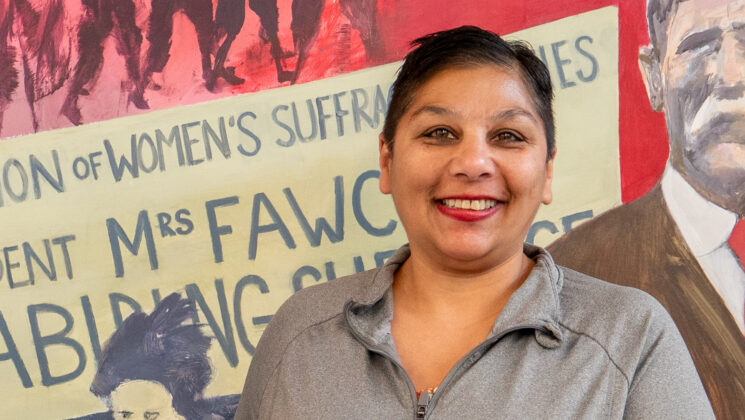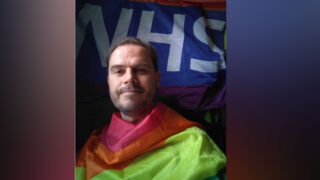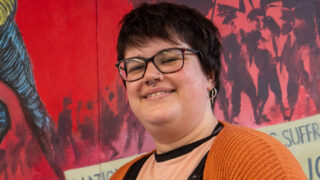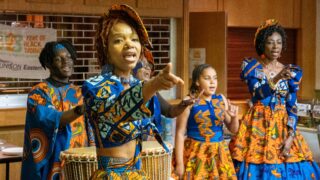Firdos Finch fits being co-chair of our regional Black members group into her day job and a host of other UNISON duties.
And she’s also found the time to take our 5 Questions challenge for Black History Month 2023.
Who are you?
I am Firdy Finch and I am branch secretary at UNISON Essex. I am also co-chair of the UNISON Eastern regional Black members self-Organised group. In my daytime job I am a GP referral instructor at Colchester City Council and lead rep as well as a health and safety rep.
Why is Black History Month important to you?
Black History Month is important to me because it brings together people from all walks of life in exploring, discovering and celebrating Black history, heritage and culture both past and current.
It goes back to the incredible contributions of Carter G Woodson, who began showcasing the contributions of Black Americans in 1926, when he launched Negro History Week to coincide with the birthdays of Abraham Lincoln and Frederick Douglass. This concept was expanded into Black History Month.
We celebrate the great achievements of Martin Luther King, Althea Gibson, Mary Seacole, Walter Tull, Sir Trevor McDonald and Claudia Jones, who was one of the founders of the Notting Hill Carnival in 1959.
There are many more Black heroes who have fought for equality in their lives and have empowered me to continue this vital work.
Black History Month is a time to honour the commitment to learning and standing united against racism in solidarity with others, as together we are stronger.
What’s your proudest achievement in UNISON?
My proudest achievement in UNISON has been the successful launch of the Anti-Racism Charter on 21 March 2022, the International Day for the Elimination of Racial Discrimination. This charter was the work of the Eastern Black workers self-organised group and regional network of Black UNISON staff.
The Anti-Racism Charter is a fundamental tool which is being used in the fight against racism, as part of everyday trade union work, helping bring equality, diversity and inclusion to the workplace.
The pledges in the charter will help employers address the racial disparities in recruitment, in promotions, in training opportunities, in disciplinary procedures and in pay.
Who’s your inspiration/role model?
My inspiration is Martin Luther King Jn. He was involved with the civil rights movement in USA and participated in and led marches for the right to vote, desegregation, labour rights and other civil rights throughout his career.
In 2018, I visited Martin Luther King Jn. National Historical Park in Atlanta, Georgia USA and spent the whole day learning about him, his family and the inspirational work he had done during his life for the civil rights movement, including winning a Nobel Peace Prize.
I visited the house he grew up and lived in. It helped me better understand him as a person and the civil rights movement he so passionately embraced, in order to achieving equality, diversity and inclusion for everybody regardless of their colour of skin.
Sadly he was assassinated on 4 April 1968 in Memphis aged just 39 and his resting place is in the National Historical Park, Atlanta.
Why did you get involved in UNISON?
I wanted to be a voice for my fellow workers experiencing a variety issues in the workplace.
I also wanted to have a positive impact on bringing equality, diversity and inclusion to the workplace.






